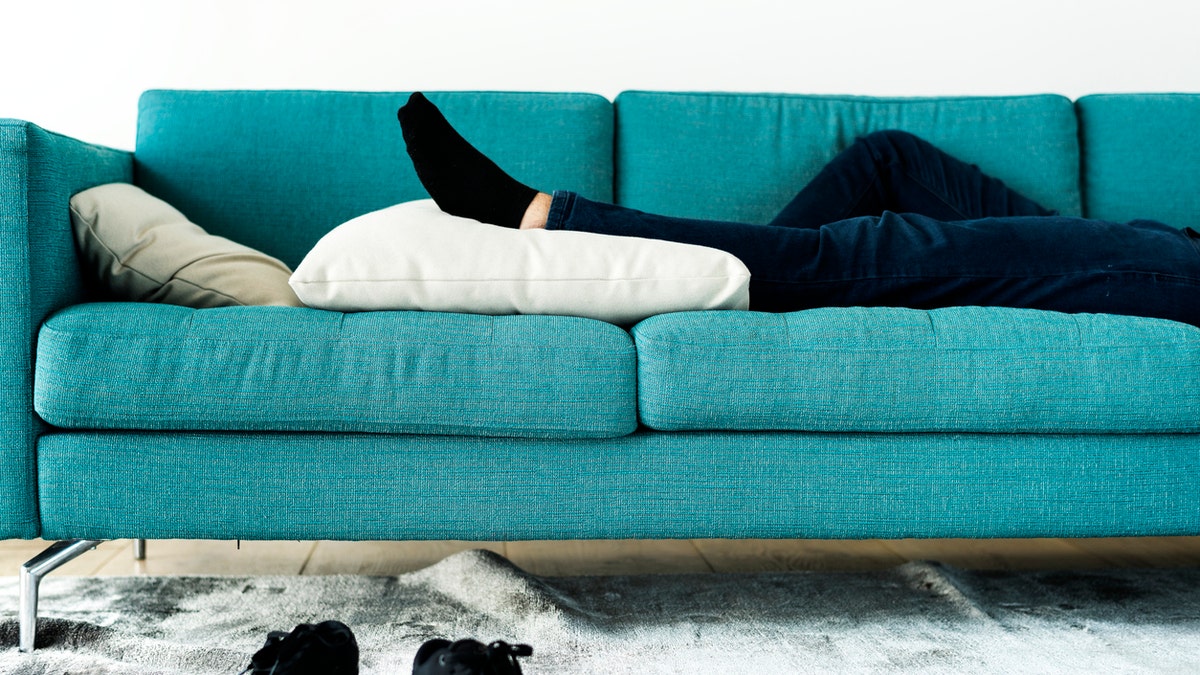Fox News Flash top headlines for August 27
Fox News Flash top headlines are here. Check out what's clicking on Foxnews.com.
Snoozing for an hour or more may raise your risk of death and heart disease, a researcher says.
"Daytime napping is common all over the world and is generally considered a healthy habit," Dr. Zhe Pan of Guangzhou Medical University, China said in a news release. "A common view is that napping improves performance and counteracts the negative consequences of 'sleep debt'. Our study challenges these widely held opinions."
The study was presented on Wednesday at the European Society of Cardiology Congress 2020 digital conference, according to the release.

Snoozing for an hour or more may raise your risk of death and heart disease, a researcher says. (iStock)
AMERICANS ARE HAVING TROUBLE SLEEPING BECAUSE OF CORONAVIRUS- HERE ARE TIPS TO HELP
The study analyzed more than 313,000 participants from over 20 studies to examine the link between napping and potential health consequences. Prior research on the subject was said to “produce conflicting results.”
Of the participants, 39 percent took naps. The study found that longer naps (lasting more than 60 minutes) brought on a 30 percent higher risk of “all-cause death” and a 34 percent greater chance of cardiovascular disease, compared with staying awake. When the study factored in the duration of night-time sleep, the higher mortality risk was only connected to people who got more than six hours of shut-eye each night, according to the release.
The study also found that naps, regardless of length, were “linked with a 19% elevated risk of death.”
"The results suggest that shorter naps (especially those less than 30 to 45 minutes) might improve heart health in people who sleep insufficiently at night,” Pan said.
According to recommendations from the American Sleep Association (ASA), a 15- to 30-minute "power nap" can lend an extra boost of energy during the day, but "are not meant to replace any nighttime sleep." The ASA says the benefits of napping for 60 minutes or more include better creativity, mood, and "procedural memory." They say adults should nap around the same time each day, no longer than 30 minutes.
Meanwhile, Pan said it was unclear how napping affects the body, though prior studies reportedly suggest long naps bring along inflammation, which may threaten the longevity and heart health. The release also noted that previous research has linked napping to “high blood pressure, diabetes, and poor overall physical health.”
Finally, Pan said for those who don’t usually take daytime naps, “there is no convincing evidence to start.”








































